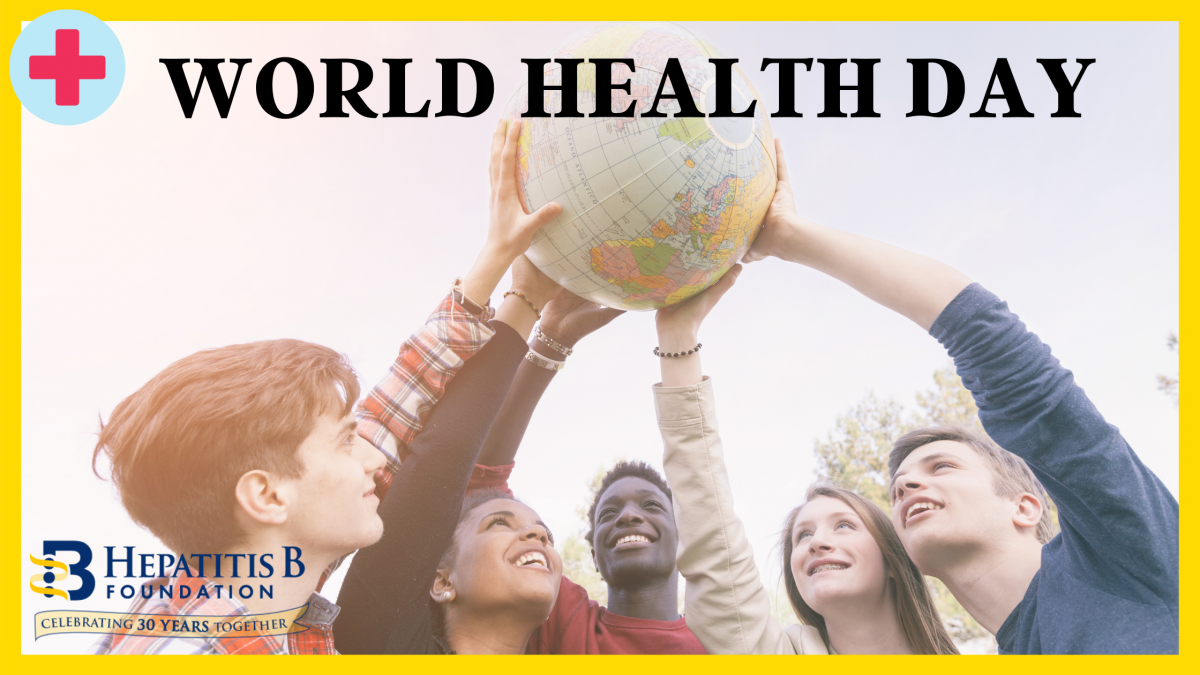 Every year, April 7 marks World Health Day. During the 1948 First Health Assembly, the World Health Organization (WHO) developed this day “to create awareness of a specific health theme to highlight a priority area of concern for the WHO.” Since 1950, World Health Day has been drawing attention to specific health concerns affecting people all over the world, such as mental health, maternal and child care, and climate change. It is celebrated through activities, which extended beyond the day itself, and aids in focusing worldwide attention to global health features.
Every year, April 7 marks World Health Day. During the 1948 First Health Assembly, the World Health Organization (WHO) developed this day “to create awareness of a specific health theme to highlight a priority area of concern for the WHO.” Since 1950, World Health Day has been drawing attention to specific health concerns affecting people all over the world, such as mental health, maternal and child care, and climate change. It is celebrated through activities, which extended beyond the day itself, and aids in focusing worldwide attention to global health features.
This year, World Health Day will focus on “building a fairer, healthier world for everyone.” With the COVID-19 pandemic undermining recent health gains, people have been experiencing poverty, food insecurity as well as increased inequities in areas, such as gender, social and health. The WHO has developed a year-long campaign as a call to action to eliminate inequities.
All over the world, people are struggling to earn a living. Poor housing conditions, lack of education and employment opportunities render vulnerable populations to experience inequalities to clean and safe food, air, water and health services. Consequently, more than 1 billion people living in informal or poorly built settlements face increased challenges to preventing infection and transmission of contagious diseases. According to WHO, the burden of disease is greatest in low to middle-income countries, specifically in Africa, South East Asia, Eastern Mediterranean, and Western Pacific regions. With approximately 50% of people living with chronic hepatitis B coming from Asian, Pacific Islander, or African descent, the issue of inequitable access to care becomes a problem for managing hepatitis B. Hepatitis B and the resulting liver cancer are amongst the largest health disparities for these groups. The World Health Day campaign will not only bring a fairer and healthier world to everyone, but it will also work to improve access to care, so people affected by hepatitis B can receive quality treatment and care and reduce their risk for liver cancer.
Join the Campaign to Reduce Inequities
- Contact your local community leaders and policymakers who are at the forefront in making decisions that will affect your community’s future. Make it known that everyone has the right to safe living and working conditions that are conducive to good health.
- Encourage leaders to monitor health inequities and ensure that people have access to quality health services. Hepatitis B management is essential for preventing the formation and development of long-term complications, such as cirrhosis and liver cancer. In communities most affected by the pandemic, individuals affected by hepatitis B will be at greater risk for experiencing adverse consequences.
Reference to WHO page about World Health Day: https://www.who.int/westernpacific/news/events/detail/2021/04/07/western-pacific-events/world-health-day-2021
Author: Vivian Cheng
Contact Information: info@hepb.org

